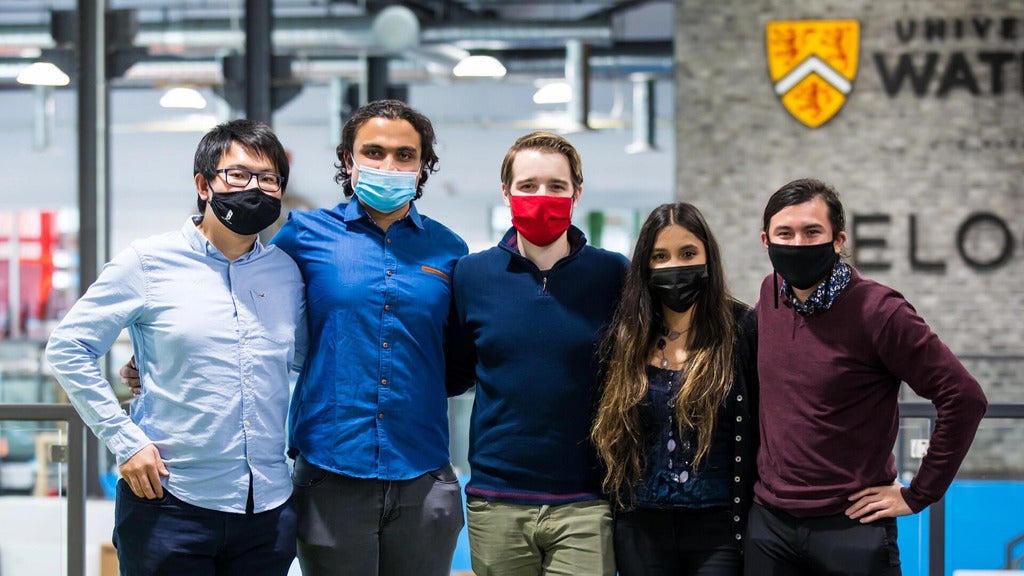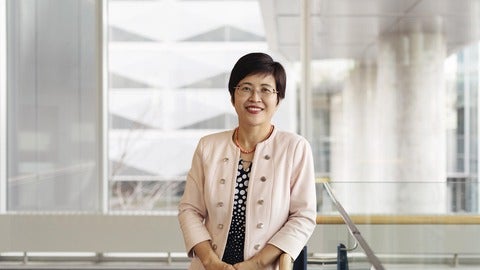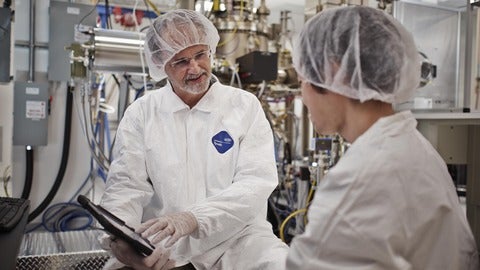Turning a new artificial leaf
When Yimin Wu set his sights on finding a solution that would impact both sustainable energy and climate change, he turned to nature for his inspiration.
“Green house gases and CO2 are a big problem that lead to climate change,” says Wu. “I looked at how we could mimic plants and nature. Plants absorb CO2 and water and use sunlight to convert them to glucose — fuel for the plant. I wanted to look at the possibility of using a catalyst with CO2 and water to convert into a useful fuel for human use.
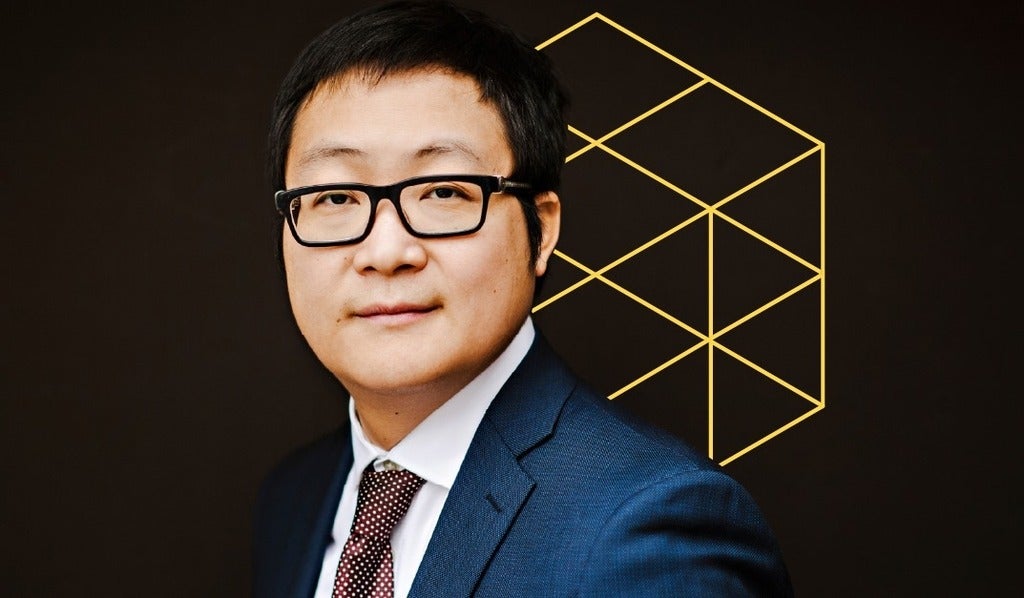
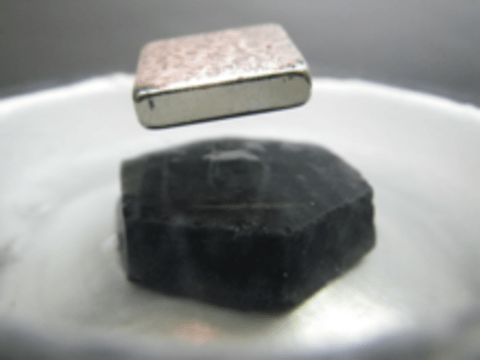
 Although physicists understand the properties of metals, insulators and semiconductors extremely well, the basic physics of high-temperature superconductors has remained a great mystery for over 30 years.
Although physicists understand the properties of metals, insulators and semiconductors extremely well, the basic physics of high-temperature superconductors has remained a great mystery for over 30 years.
